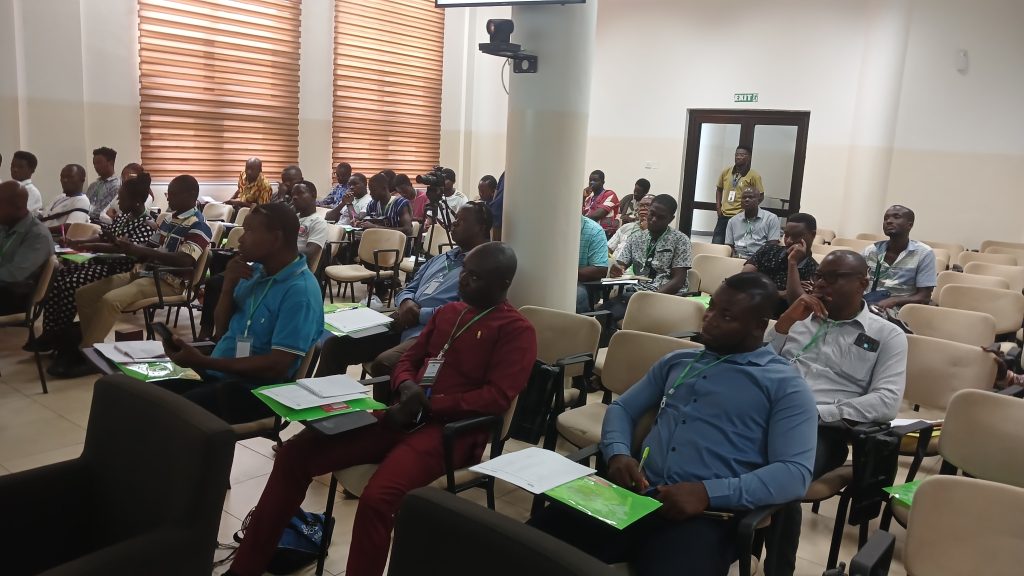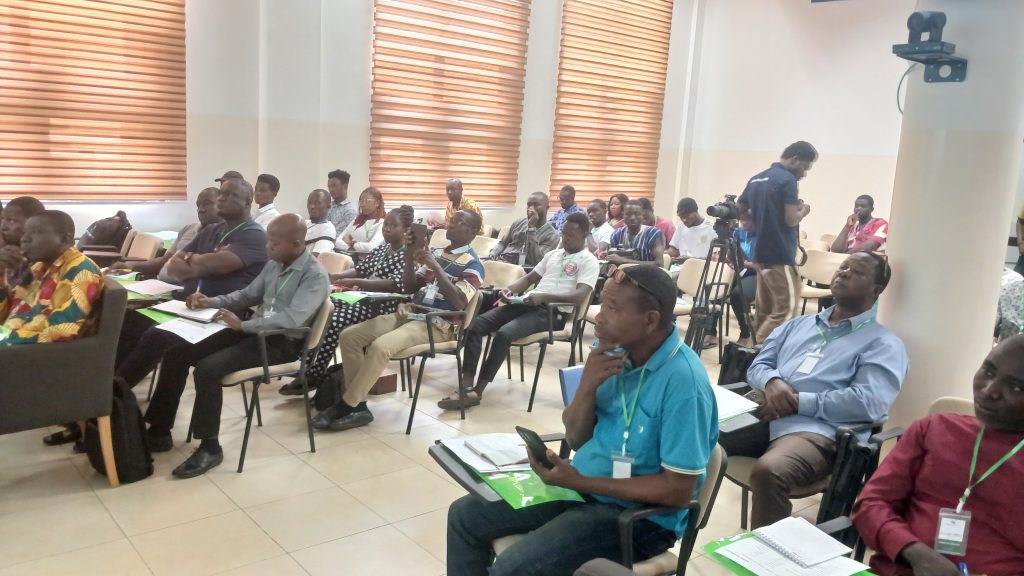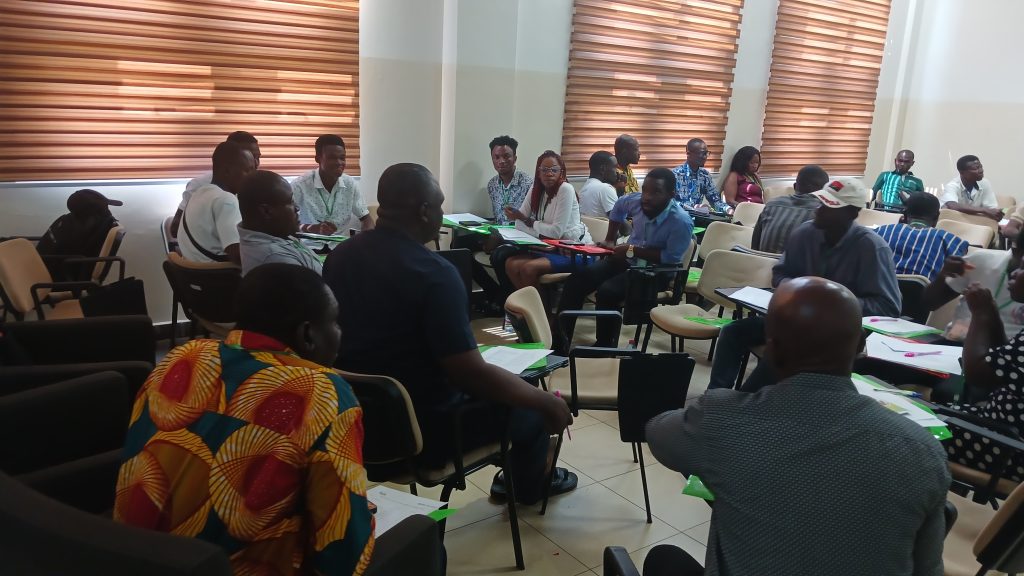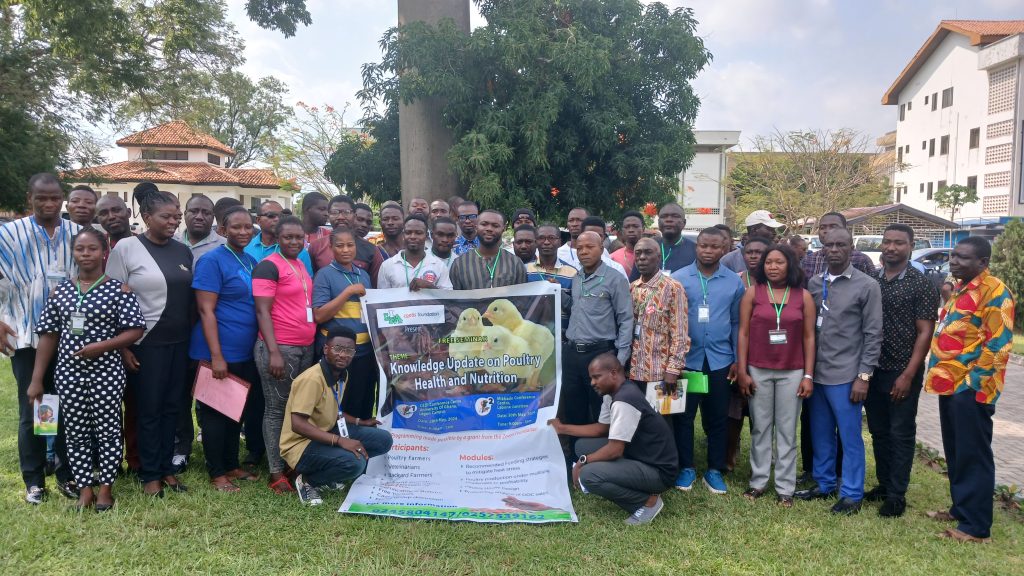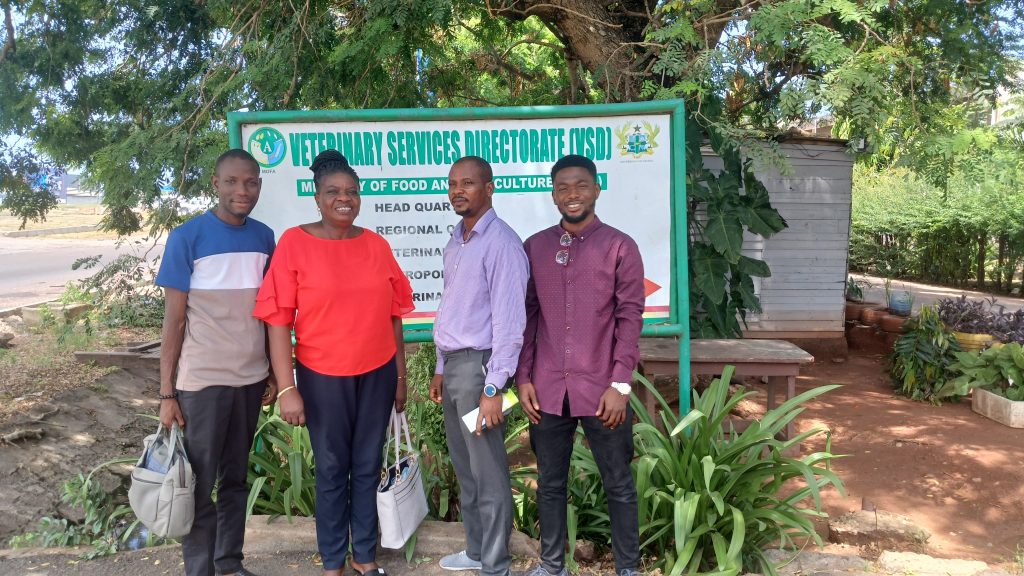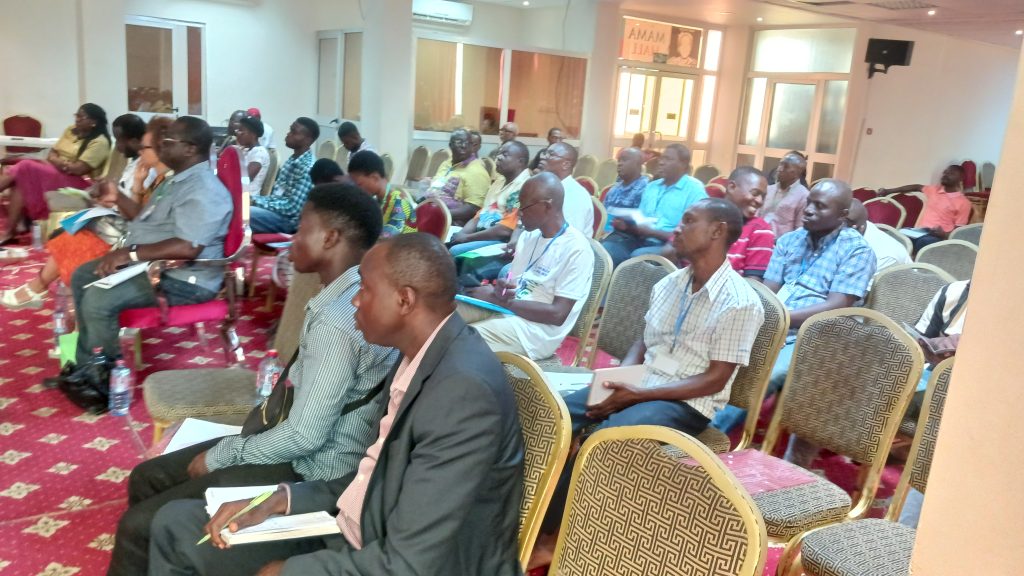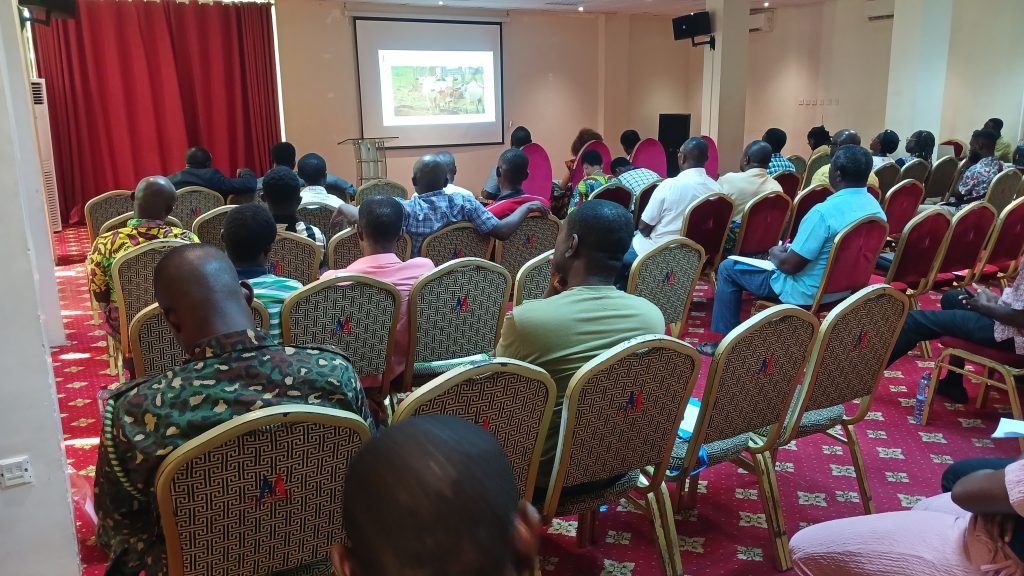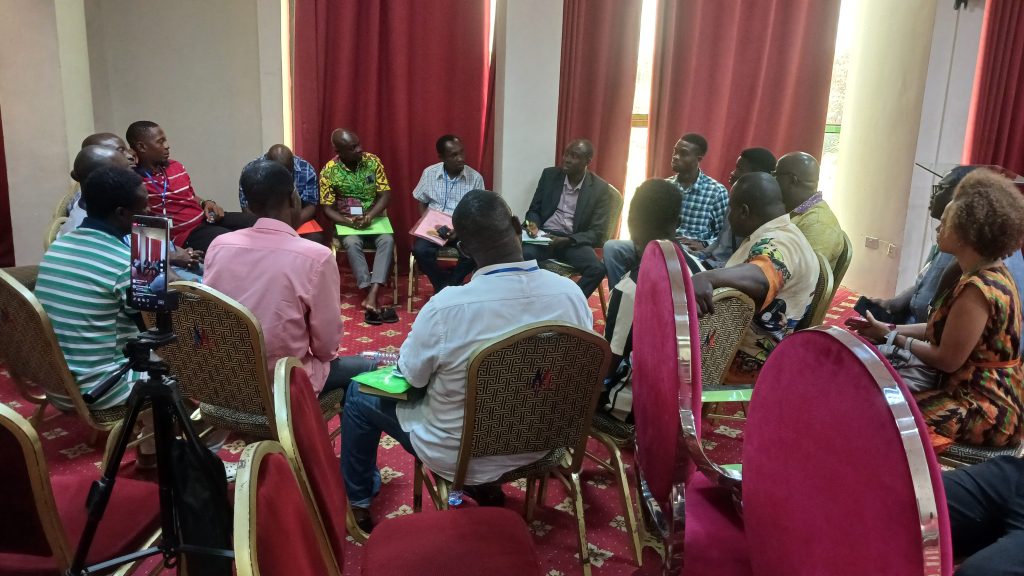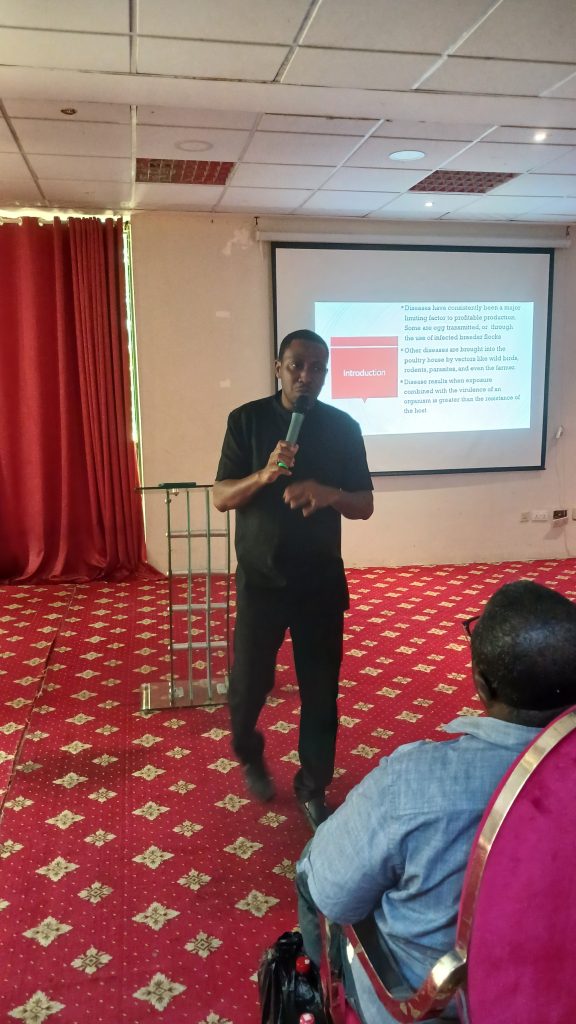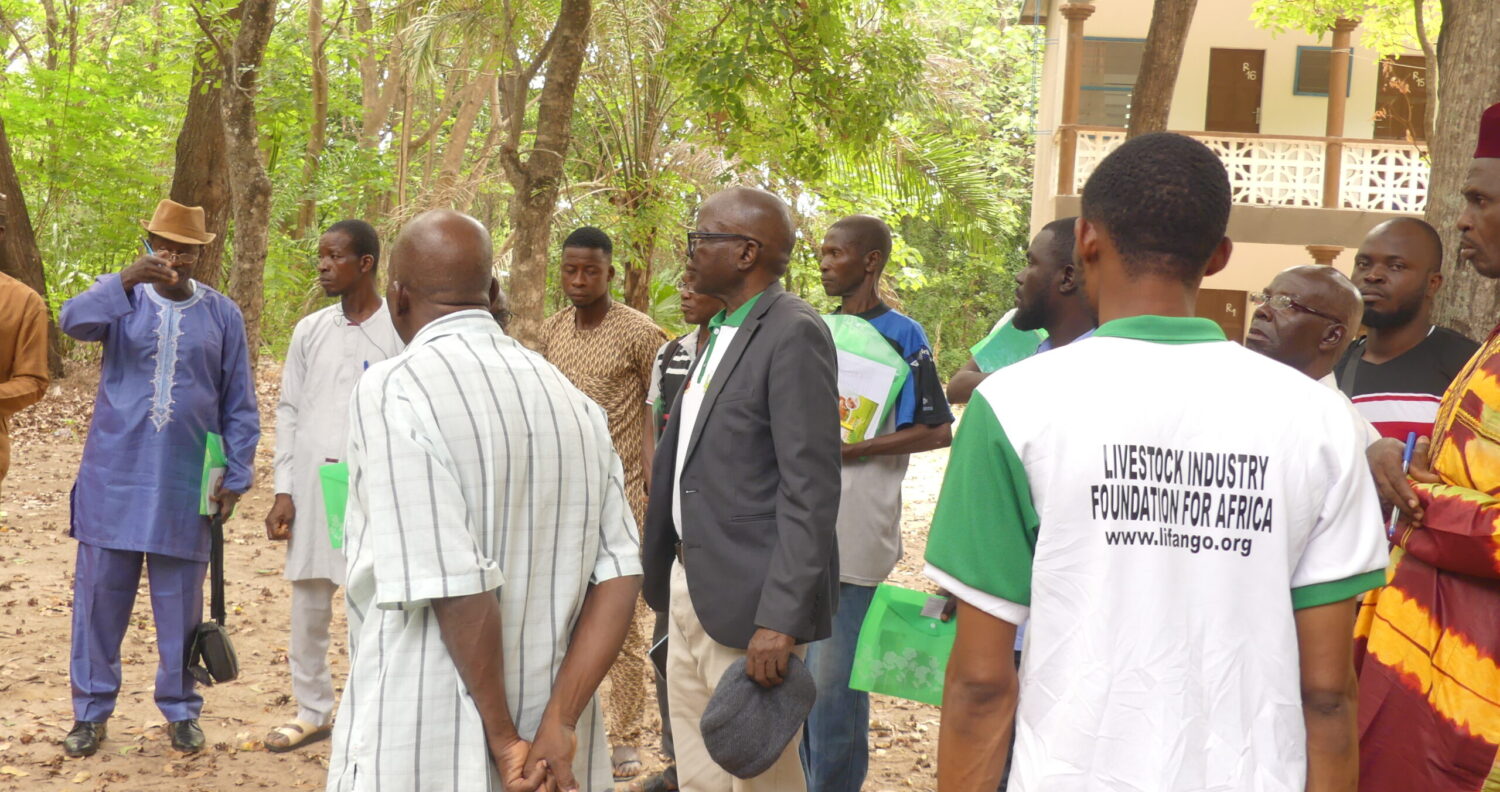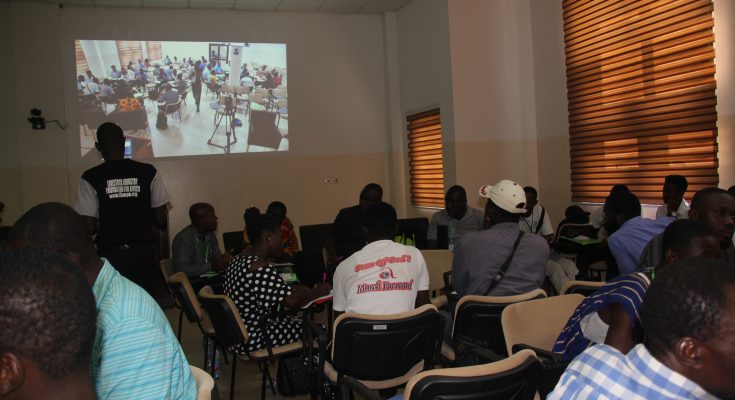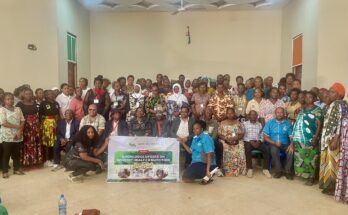Livestock Industry Foundation for Africa (LIFA) 2024 seminar series took place in Ghana, where two highly attended sessions brought invaluable insights on poultry health and nutrition to local industry stakeholders. These sessions, held on May 28 and May 30, 2024, at the Cedi Conference Centre (University of Ghana, Legon) and Mikkado Conference Centre (Labone Junction), respectively, were designed to equip participants with practical, science-backed knowledge through case studies, technical discussions, and interactive Q&A sessions.
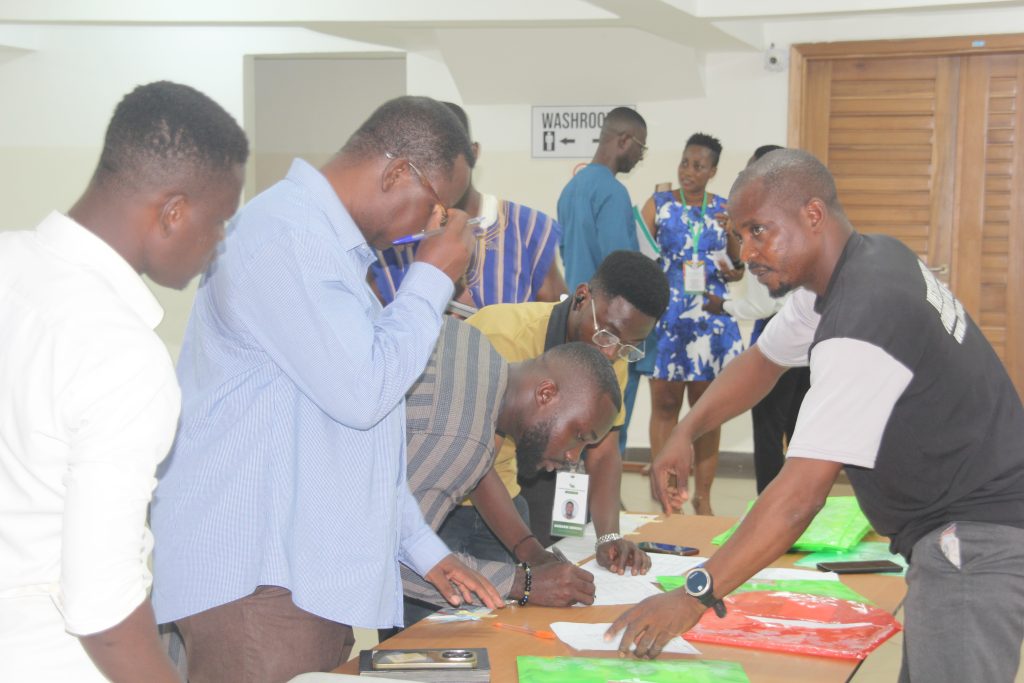
With the support of the Zoetis Foundation, these seminars provided free, accessible knowledge to a diverse audience that included poultry farmers, veterinarians, animal scientists, and students, ensuring the information reached a broad section of the poultry community. By the end of the Ghana sessions, over 324 participants had gained certification, reflecting their dedication to advancing poultry health in their own operations. This successful series capped off a productive first half of 2024, leaving a lasting impact on Ghana’s poultry industry.
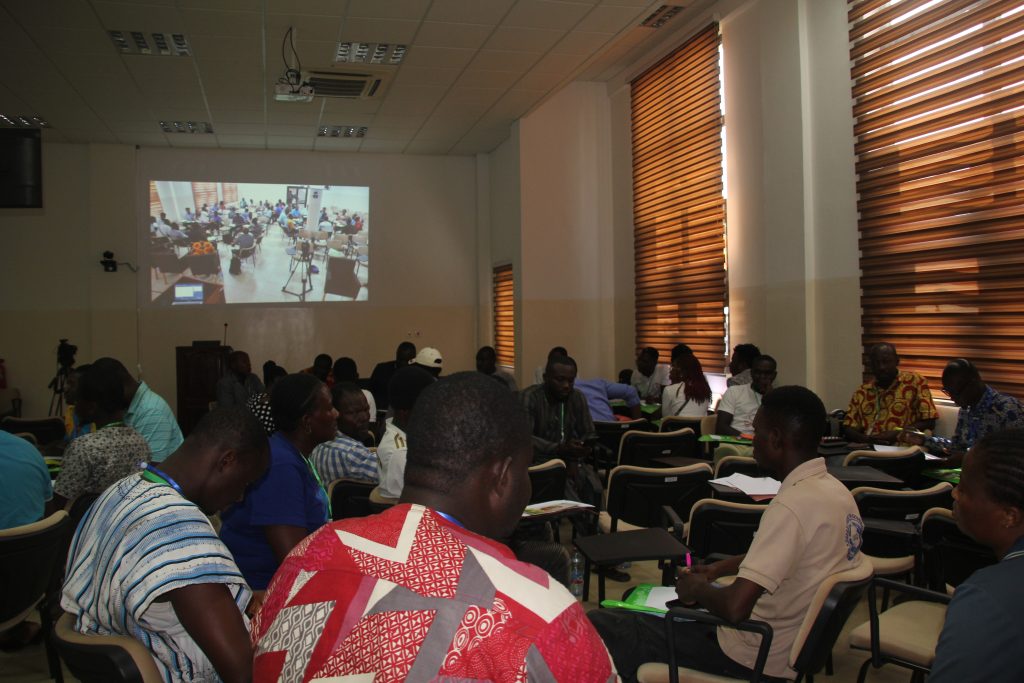
Featured Presentations
Mixed Portfolio for Livestock Practice – Dr. Stephen Adejoro
Dr. Stephen Adejoro’s presentation, “Prospect of Livestock Mixed Portfolio Practice for Profit Maximization,” offered a compelling look into mixed livestock portfolios as a strategy for maximizing profits while managing risks. He outlined how pairing livestock assets, such as cattle, pigs, poultry, and fish, can create steady income streams and capital appreciation. Recommended portfolio combinations include:
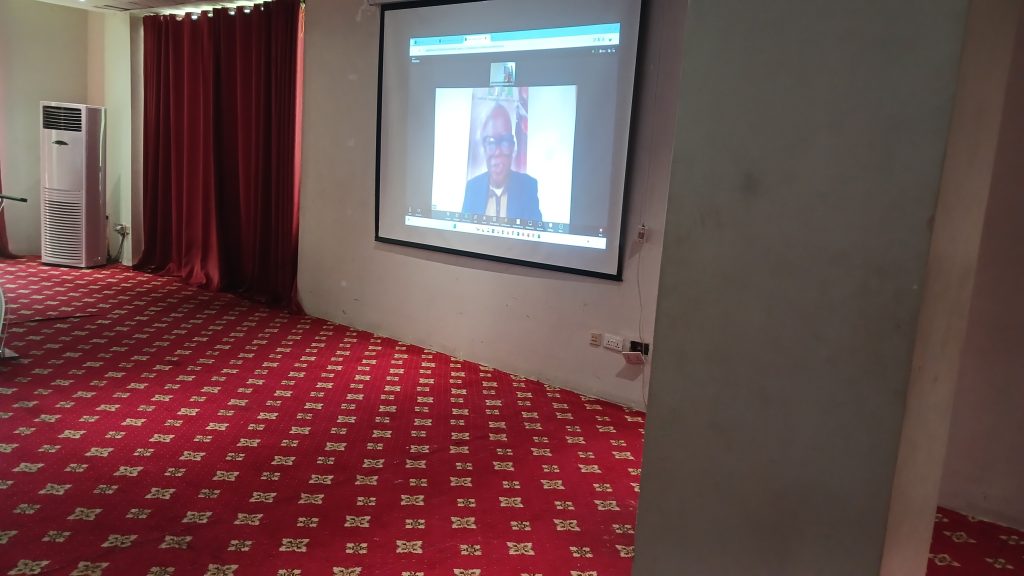
– Cattle and Poultry: Provides cash flow from egg sales and capital gain from cattle fattening.
– Pigs and Poultry: Offers dual revenue from pork and egg production.
– Fish and Poultry: Adds fish sales as an additional income source alongside poultry.
Dr. Adejoro emphasized the benefits of mixed portfolios, including enhanced risk management, steady cash flow, and long-term sustainability. He recommended best practices such as separate housing, consistent record-keeping, and consulting experts to monitor profitability. A detailed profitability analysis showed a high return on investment (ROI) potential, with the overall average ROI for mixed ventures calculated at around 22.11%.
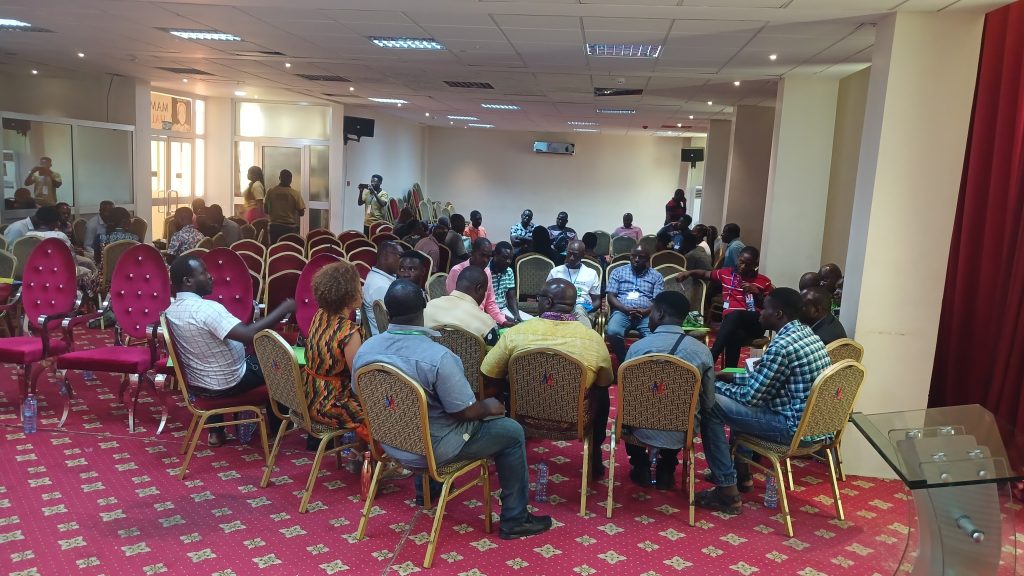
Nutritional Strategies in Mitigating Heat Stress in Poultry – Prof. Adebukunola Lala
In her session, “Nutritional Strategies in Mitigating Heat Stress in Poultry,” Prof. Adebukunola Lala addressed the critical challenge of heat stress in poultry, especially relevant to warm climates like Ghana’s. She discussed how high temperatures impact poultry health, leading to decreased feed intake, lower resistance to disease, and reduced overall productivity.
Prof. Lala recommended essential strategies:
– Environmental Adjustments: Including improved ventilation and increased water access.
– Feeding Modifications: Adjusting feeding times to cooler parts of the day and using high-fat diets to lower heat production during digestion.
– Supplementation: Adding vitamins, minerals, and electrolytes to aid in heat resilience and improve overall poultry health.
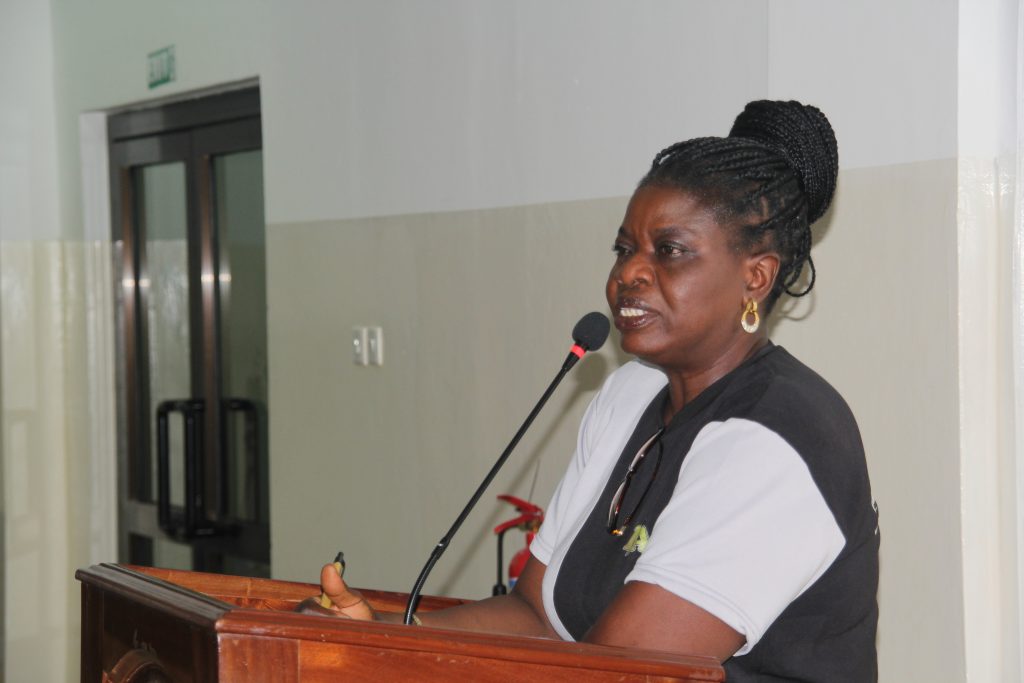
This session emphasized that by integrating nutritional adjustments with appropriate housing and cooling systems, farmers can enhance productivity and reduce the negative effects of heat on poultry.
Viral Diseases of Poultry – Dr. Emmanuel Kwao Pecku
Dr. Emmanuel Kwao Pecku’s presentation focused on the impact of viral diseases on poultry profitability, stressing that biosecurity and vaccination are crucial for effective disease management. Key viral diseases covered included:
– Newcastle Disease: Highly contagious, preventable through biosecurity and vaccination.
– Avian Influenza: Spread through wild birds, with prevention reliant on stringent biosecurity.
– Gumboro Disease (IBD): Preventable through good hygiene and vaccination.
– Fowl Pox, Infectious Bronchitis, and Marek’s Disease: Each managed with targeted vaccinations and biosecurity.
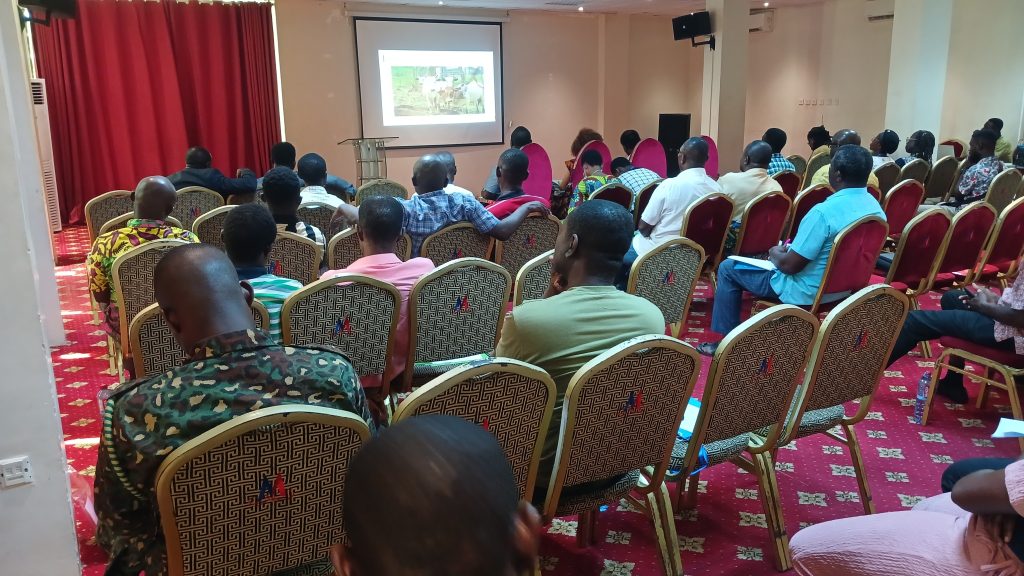
Dr. Pecku advised that early detection and adherence to vaccination schedules can prevent major losses and maintain farm profitability. He encouraged farmers to work closely with veterinarians to safeguard their flocks and ensure sustainability in poultry farming.
The Ghana seminars succeeded in their mission to enhance knowledge in poultry health and management, with attendees leaving empowered to implement sustainable practices. This impactful seminar series has set a strong foundation for future expansion, as LIFA and the Zoetis Foundation continue to support the poultry sector across Sub-Saharan Africa.

